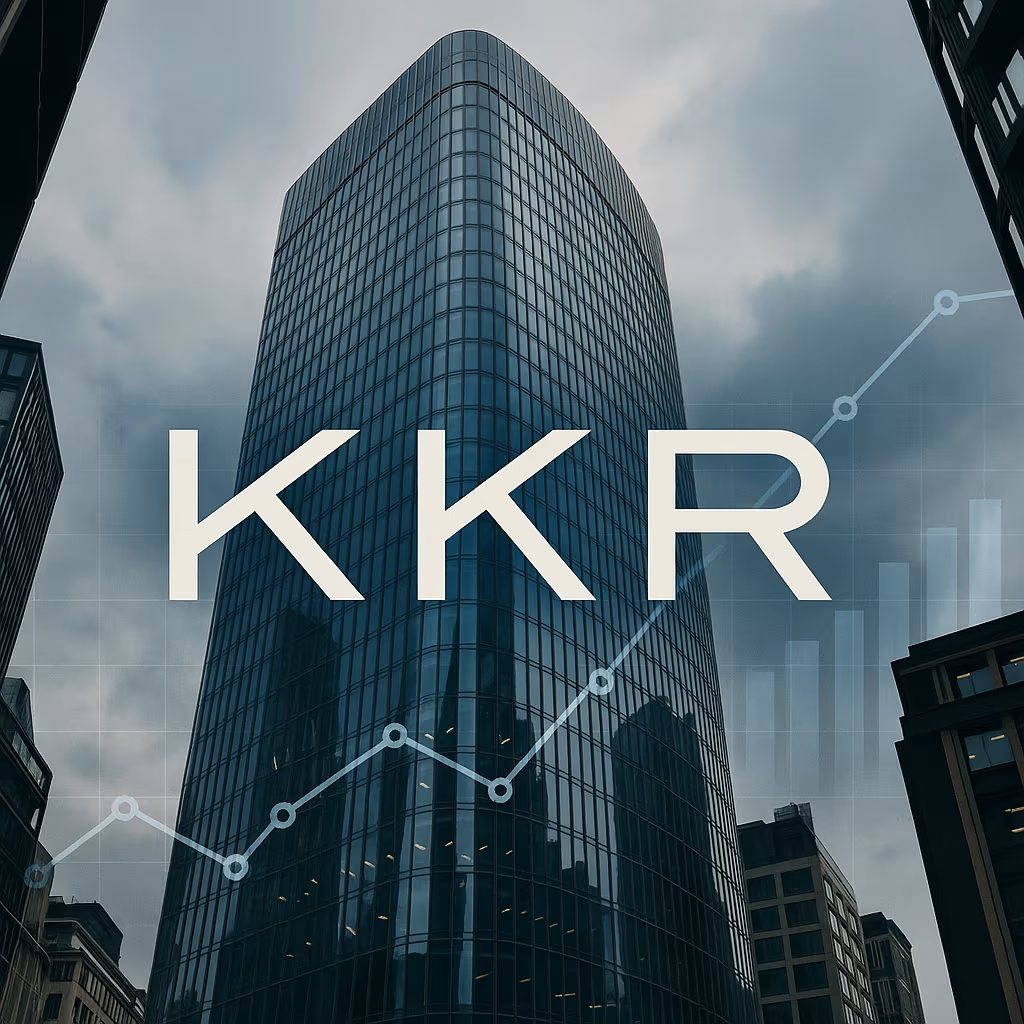After nearly a year of strategic maneuvering, negotiations, and market speculation, U.S. private equity giant KKR is approaching the decisive stage in its bid to acquire one of the UK’s prominent commercial landlords. The deal, which has been in the making for 10 months, is now entering a high-stakes final phase that could reshape the British property investment landscape.
A Long Courtship in a Challenging Market
KKR’s interest in the UK property market comes at a time when commercial real estate has faced significant headwinds. Rising interest rates, stubborn inflation, and lingering post-pandemic changes in how businesses use office and retail spaces have weighed on valuations.
Despite the sector’s challenges, KKR’s extended pursuit of the landlord signals confidence in the long-term fundamentals of UK real estate—especially prime assets with resilient tenant demand and redevelopment potential.
The drawn-out timeline of the deal reflects both the complexity of the transaction and the cautious approach of the target company’s board, which has weighed multiple strategic options to unlock value for shareholders.
The Target: A Key Player in UK Commercial Property
The landlord in question is known for owning a portfolio of high-quality assets across major UK cities, including flagship office spaces, mixed-use developments, and prime retail properties. Many of these assets are located in central London and other high-demand areas, making them attractive to long-term investors with the capital to weather short-term market fluctuations.
In recent years, the company has focused on modernizing its portfolio—investing in sustainable building practices, upgrading facilities, and repositioning properties to meet evolving tenant needs, particularly in the post-COVID era of hybrid work.
Why KKR Is Interested
For KKR, the acquisition is part of a broader strategy to deploy capital into real assets that can generate stable income and appreciate over time. The firm’s track record in global real estate investment includes high-profile acquisitions and development projects across North America, Europe, and Asia.
The UK market, despite its current challenges, remains one of the world’s most transparent and liquid property markets. KKR’s interest in this particular landlord likely centers on:
- Prime Locations – The portfolio includes assets in some of the most sought-after districts in the UK.
- Value-Add Opportunities – Potential to enhance property values through redevelopment, repositioning, or active asset management.
- Attractive Yields – Depressed valuations in the current market create opportunities for higher long-term returns.
Negotiation Dynamics and Shareholder Considerations
The 10-month pursuit has involved multiple rounds of proposals, counteroffers, and due diligence. One of the sticking points has been valuation, with the landlord’s board aiming to secure a premium for shareholders while KKR seeks to maintain investment discipline.
Shareholder sentiment has been closely watched throughout the process. Some investors favor accepting a strong cash offer in a challenging market, while others believe the company’s assets could recover in value as economic conditions improve.
If the deal is finalized, it could be structured as a recommended offer with board backing, making it easier to secure the necessary shareholder approvals.
Broader Implications for UK Real Estate
A successful acquisition by KKR would signal renewed confidence from international investors in the UK commercial property sector. This could encourage further private equity activity, particularly as global funds look for undervalued assets in mature markets.
It may also spur other real estate investment trusts (REITs) and landlords to consider strategic options—ranging from asset sales to mergers—especially if public market valuations remain under pressure.
Market Headwinds Remain
While the potential deal has generated optimism, challenges remain for the broader sector. Higher financing costs continue to weigh on leveraged property investors, and shifts in tenant demand—particularly in the office segment—are prompting landlords to rethink asset strategies.
Retail property faces its own pressures from e-commerce competition, while logistics assets are seeing more stable demand but at compressed yields compared to previous years.
KKR’s ability to navigate these headwinds will depend on active management, targeted capital investment, and leveraging its global network to attract high-quality tenants and partners.
A Potential Turning Point
For KKR, the acquisition would mark one of its most significant UK property plays in recent years, potentially serving as a springboard for further investment in the region. For the target company, it would represent the conclusion of a months-long chapter of uncertainty—providing shareholders with liquidity and potentially stabilizing operations under new ownership.
Whether the final agreement is announced in the coming weeks will depend on the resolution of remaining negotiation points, including price, deal structure, and regulatory considerations. But industry insiders believe the momentum is building toward a definitive outcome.





